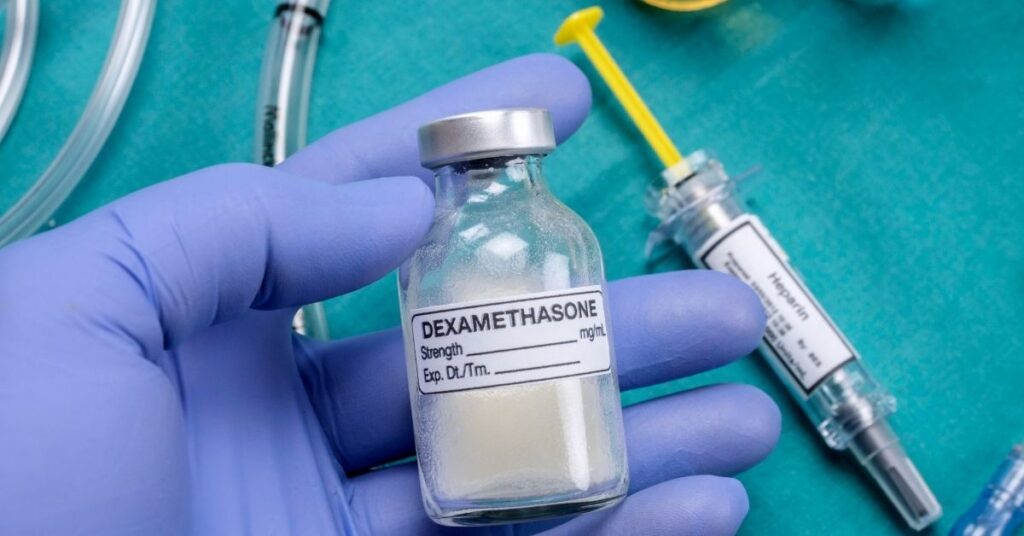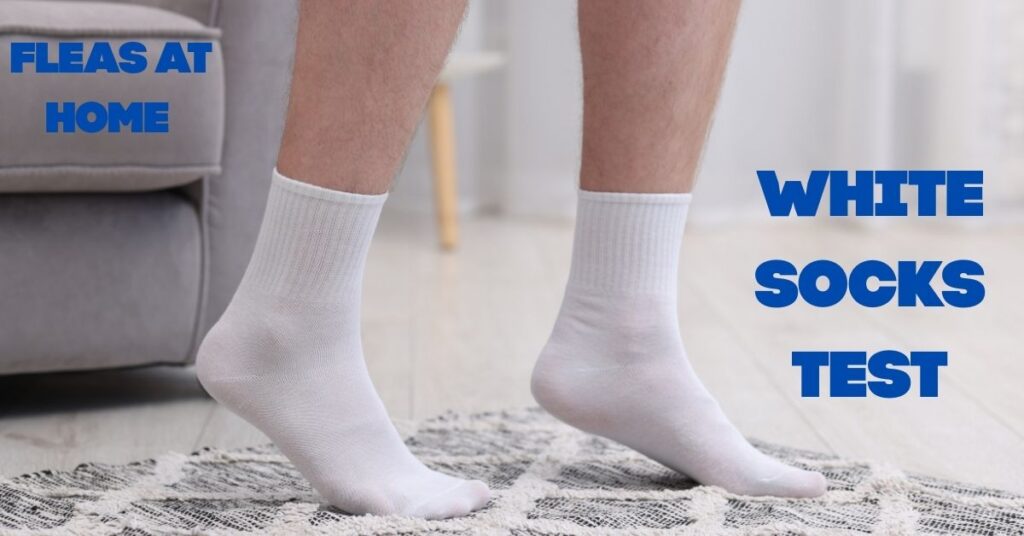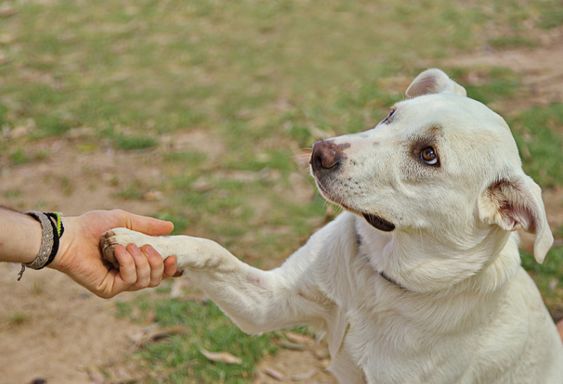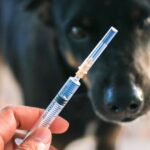Now Reading: Dental Care of Pets
- 01
Dental Care of Pets
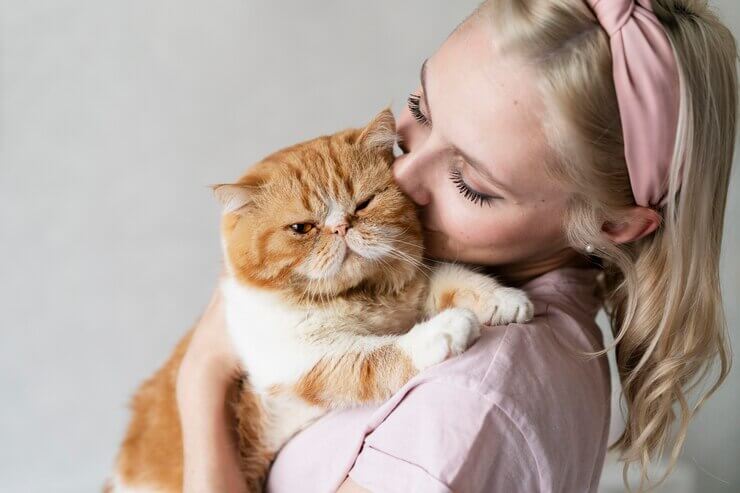
Dental Care of Pets
It is important to be aware of these dental problems . Keep an eye on the signs for dental care of your pet. Early detection and treatment of dental problems can help prevent more serious health issues. Following these guidelines you can surely improve your pet’s quality of life.
What are the Most Common Dental Problems in Pets?
Dental problems are common in pets, especially as they age. Some of the most common dental problems in pets include:
Tooth decay (cavities):
It can occur when bacteria in the mouth produce acid that eats away at the tooth’s enamel. This can lead to pain, infection, and loss of the affected tooth.
Gum disease (periodontal disease):
It is a bacterial infection of the gums that can lead to inflammation, gum recession, and tooth loss.
Abscesses:
Abscesses are pockets of pus that can form in the gums or around the roots of teeth. They can be caused by a bacterial infection or trauma to the tooth.
Fractured teeth:
Fractured teeth can occur as a result of trauma or due to advanced gum disease.
Malocclusion:
Malocclusion, also known as misaligned teeth, can occur when the teeth do not meet properly when the mouth is closed. This can lead to problems with chewing and can cause pain.
Additionally, to be aware of these dental problems for which regular dental care is a must. Some signs to look for include
- bad breath,
- yellow or brown buildup on the teeth
- bleeding gums, difficulty eating
- changes in behavior
If you notice any of these signs, it is important to take your pet to the veterinarian. Early detection and treatment of dental problems can help prevent more serious health issues. Moreover, it can also help to improve your pet’s quality of life.
Tips on pet dental care:
Here are a few tips on how to care for your pet’s teeth:
Brush your pet’s teeth:
Brushing your pet’s teeth is the most effective way to keep their teeth and gums healthy. Use a toothbrush and toothpaste specifically designed for pets, as human toothpaste can be toxic to animals. Start by introducing your pet to the toothbrush and toothpaste gradually. Secondly, increase the amount of time you spend brushing their teeth.
Provide dental treats and chews:
Dental treats and chews can help to remove plaque and tartar from your pet’s teeth and gums. Just be sure to choose treats and chews that are specifically designed for dental care. As some treats and chews may not be as effective or may even be harmful to your pet.
Feed your pet a balanced diet:
A balanced diet is important for your pet’s overall health, including their dental health. Feed your pet a diet that is rich in nutrients and low in sugar to help prevent tooth decay.
Have your pet’s teeth professionally cleaned:
Professional teeth cleanings by a veterinarian are an important part of maintaining your pet’s dental health. Your veterinarian will clean your pet’s teeth using specialized tools and techniques. For instance, he may also recommend additional treatments, extractions and gum surgery, if necessary.
Watch for signs of dental problems:
By following these tips and taking care of your pet’s dental health, you can help keep your furry friend happy and healthy for years to come. And if you have any concerns about your pet’s dental health, be sure to speak to your veterinarian for guidance.
Treatment:
Dental treatment for pets is similar to dental treatment for humans. It is important to identify and treat dental problems as early as possible . Similarly, some common dental treatments for pets include:
Dental cleanings:
Professional dental cleanings by a veterinarian are an important part of maintaining your pet’s dental health. After that a dental cleaning, the veterinarian will use specialized tools to clean your pet’s teeth, removing plaque and tartar buildup. The veterinarian may also recommend additional treatments, such as extractions or gum surgery, if necessary.
Extractions:
Extractions may be necessary if a tooth is severely damaged or infected. Moreover, your veterinarian will numb the area around the tooth and use specialized tools to remove the tooth.
Gum surgery:
Gum surgery may be necessary if your pet has advanced gum disease or if there is a problem with the alignment of the teeth. Meanwhile, during gum surgery, the veterinarian will remove infected or damaged tissue and may also reshape the gums to improve the alignment of the teeth.
Root canals:
A root canal may be necessary if the nerve of a tooth is infected or damaged. During a root canal, the veterinarian will remove the infected or damaged nerve and fill the tooth with a special material to help preserve it.
Dental appliances:
In some cases, the veterinarian may recommend the use of dental appliances, such as retainers or splints, to help correct problems with the alignment of the teeth.
It is important to work closely with your veterinarian to determine the best treatment plan for your pet’s dental problems. By providing your pet with proper dental care and addressing any dental issues as soon as possible, you can help keep your furry friend happy and healthy for years to come.


